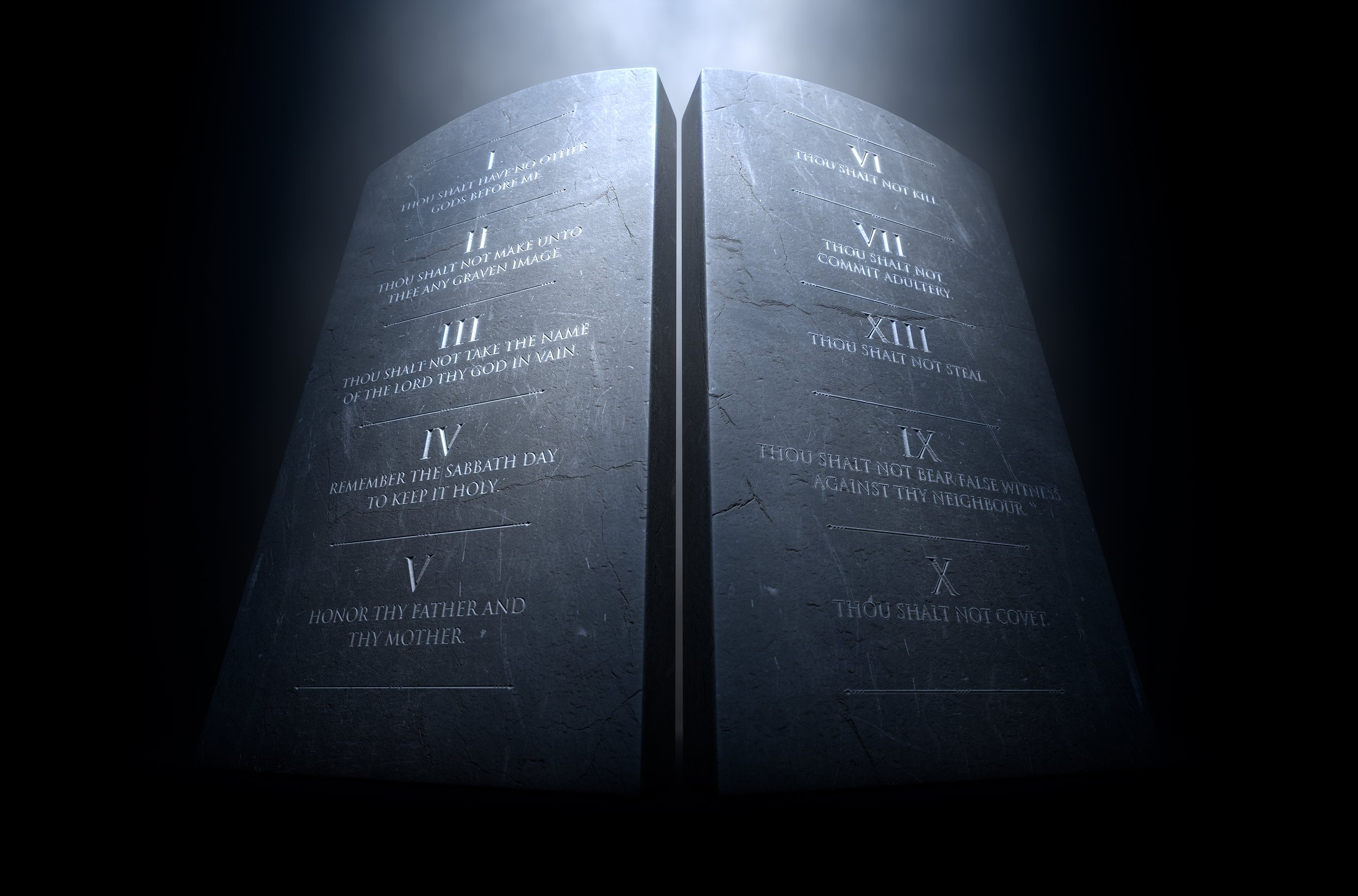Word of Grace
5 min read
1 Now there was a Pharisee, a man named Nicodemus who was a member of the Jewish ruling council. 2 He came to Jesus at night and said, “Rabbi, we know that you are a teacher who has come from God. For no one could perform the signs you are doing if God were not with him.”
3 Jesus replied, “Very truly I tell you, no one can see the kingdom of God unless they are born again.”
John 3:1-3
The different translations of the Bible are produced by some of the smartest people in the world. They can pretty much speak the ancient languages. But sometimes, I wonder why they make certain decisions when translating from an ancient language to English, especially when it seems like some of the original meaning is lost in translation.
For example, the passage right before this text ends with the following statement in the CSB translation:
24 Jesus, however, would not entrust himself to them, since he knew them all 25 and because he did not need anyone to testify about man; for he himself knew what was in man.
John 2:24-25 (CSB)
And again in the CSB, verse 3:1 says, “Now there was a man …”
And if we were to read both of these passage together, we would read, “… for he himself knew what was in man. Now, there was a man …”
In other words, if we read the CSB translation going straight from 2:25 to 3:1, we should immediately pick up on the fact that Nicodemus is a clear example of why Jesus “would not entrust himself to them.”
Maybe I’m just being nitpicky. One of the key points of the story of Nicodemus is that he is the best that “man” has to offer, yet he is blind to spiritual truths because he is a product of the kingdom of the world. That point becomes very clear sooner or later. But I’m just saying, we lose some of the flow and energy of the prior passage with how the NIV translated verse 1.
But I’m not going to judge the NIV as being worse than any other translation. Truth be told, all the translations have these kinds of quirks. And that is also why—Lord, forgive me—when people criticize any translation. We’d have to read the original languages if we wanted to avoid losing nothing in translation.
As I write this, I had a deja vu moment. I probably said the exact same thing the last time I came across this passage in my daily devo. But considering that our theme this year is “Live out the word,” it feels appropriate to say something about how the “word” that we read came to be.
The point is that we do not trust letters on a page, per se. The Word is Jesus Christ. Jesus is the Word whom we trust.
Father, Your word is a lamp to my feet, and the Word is the salvation of my soul. Help me to understand Your word so that I may follow the Word in faith and obedience. In Jesus’s name. Amen.

